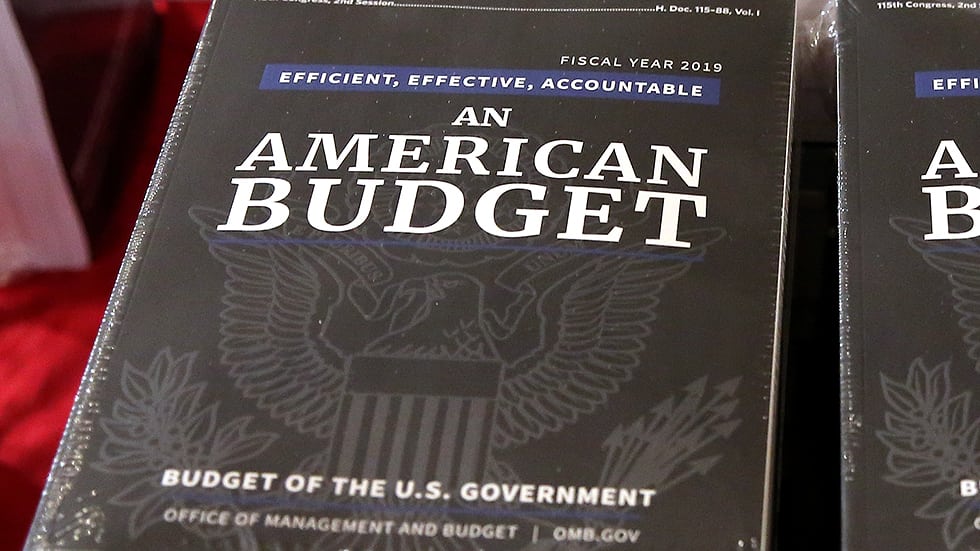
FY2019 Budget Proposal Defunding and Undermining Science
With October and the start of the 2019 fiscal year quickly approaching, we will soon know the fate of many federal agencies. As the proposed FY2019 budget is particularly focused on reducing and eliminating science funding, many science and climate-related agencies are at risk. While this proposal received bipartisan backlash, it is still up for debate, as the House and Senate continue to work on budget resolutions.
The proposed FY19 budget undermines many federal regulatory agencies, such as the Environmental Protection Agency (EPA), and their ability to protect America’s access to clean water, clean air, healthy oceans and productive soils. The budget proposes $1 billion reduction in the EPA’s 2019 budget, with changes including:
- Eliminating the state authorities hired to enforce Federal environmental laws such as the Clean Air Act, Clean Water Act, and Safe Drinking Water Act.
- Increasing states’ flexibility on spending grant money and meeting mandatory “federal statutory environmental requirements.”
- Eliminating funding for several voluntary partnerships related to climate change and energy.
- Reducing and reconfiguring the EPA’s research and development budget to focus on “core Agency responsibilities.” Consequently, cutting funding for important research grants and fellowships such as the Science to Achieve Results (STAR) program.
- Reducing funding for the Hazardous Substance Superfund Account that is responsible for cleanup activities.
In addition, the budget eliminates and undermines dozens of non-regulatory agencies such as the Department of Energy’s Advanced Research Projects Agency-Energy (ARPA-E), National Science Foundation (NSF), and National and Oceanic and Atmospheric Administration (NOAA).
The elimination of NOAA’s Grant’s and Education Budget, which primarily funds the Sea Grant College Program (Sea Grant), illustrates the severity the proposed FY2019 may potentially have on science and climate security. Sea Grant is designed to help the nation better understand its coasts, particularly improving Americans’ ability mitigate and adapt to climate change.
The budget’s justification states: “these grant and education programs generally support state, local, and/or industry interests, and these entities may choose to continue some of this work with their own funding.” Such justification is a clear indication that protecting America’s oceans and coastline is not a priority nor a responsibility of the federal government. Rather, the administration believes it is the responsibility of states to monitor their coastlines and mitigate the impacts of climate change. Climate change goes beyond state and national borders, and should therefore be addressed by the federal government and not left to states’ discretion. This is potentially harmful as the U.S. Constitution strictly prohibits states from entering international treaties. As climate change is inherently international, state ability to enact impactful climate policy is limited.
Come October, if the drastic cuts to critical science-related agencies pass, not only will a network of highly educated scientists and professionals be destroyed, but local, state, national, and international efforts to research and prepare for climate change —many of which are already posing a risk to U.S. national security– will be undermined.
Regardless of whether the proposed budget cuts pass, they signal to the science-related agencies that they should shift away from climate change. This undermines the credibility of our highly regarded scientific community and the very real threat of climate change.





